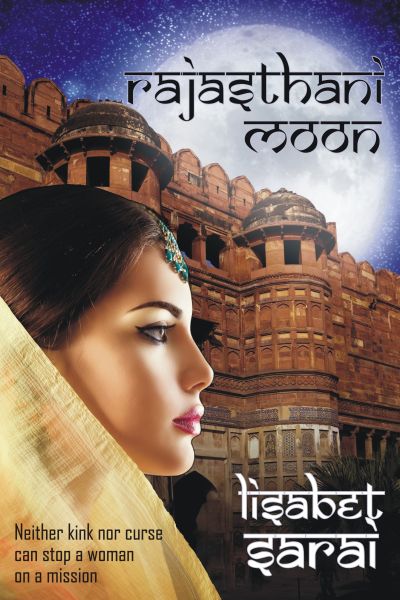The Dark Court by Vyvyan Evans
Publisher: Nephilim Publishing
Genre: Sci-Fi/Fantasy
Rated: 5 stars
Reviewed by RoseA genre-blending dystopian, sci-fi mystery-thriller that will make you think about communication in a whole new way.
Five years after the Great Language Outage, lang-laws have been repealed, but world affairs have only gotten worse. The new automation agenda has resulted in a social caste system based on IQ. Manual employment is a thing of the past, and the lowest soc-ed class, the Unskills, are forced into permanent unemployment.
In a world on the brink of civil war, a deadly insomnia pandemic threatens to kill billions. Lilith King, Interpol’s most celebrated detective, is assigned to the case.
Together with a sleep specialist, Dr. Kace Westwood, Lilith must figure out who or what is behind this new threat. Could the pandemic be the result of the upskilling vagus chips being offered to the lowest soc-ed class? Or are language chips being hacked? And what of the viral conspiracy theories by the mysterious Dark Court, sweeping the globe? Lilith must work every possible angle, and quickly: she is running out of time!
While attempting to stop a vast conspiracy on an intergalactic scale, Lilith also faces shocking revelations about her origin, coming to terms with her own destiny.
This book is the second in the series that explores and warns of what could possibly happen in our near future society. You can read our five-star review of the first book in the series here. Rather than a language outage, this book focuses on a deadly pandemic that seems to be targeting the lowest socioeconomic group…those who have been deemed from testing at birth to be Unskills, permanently unemployed.
Even though it’s the second book in the series, THE DARK COURT can very much stand on its own as it takes place several years after the events of the first book; however, I strongly recommend reading them in order because, while the majority of the book can be understood, the ending will make a lot more sense if you are familiar with the first book.
THE DARK COURT, as does the first book, offer a cautionary tour, but also reaches out beyond our current technology and into more of a sci-fi bend. I really liked this as well as the deeper view of what is going on behind the scenes and the part that Lilith plays in them.
I loved Kace and Lilith and their interactions together. Without giving away an spoilers, I really hope I’ll be able to see them in future books.
This is truly a book that is almost impossible to put down, and I was lucky as I got to read it during a storm when I was without power and internt..no distractions, which I absolutely loved!
There is only one problem with reading a book like this… now I have to wait patiently for the next book in the series!!
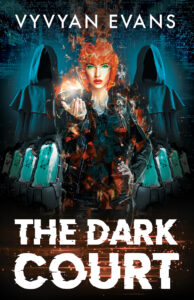

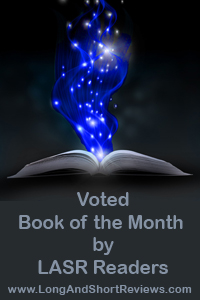
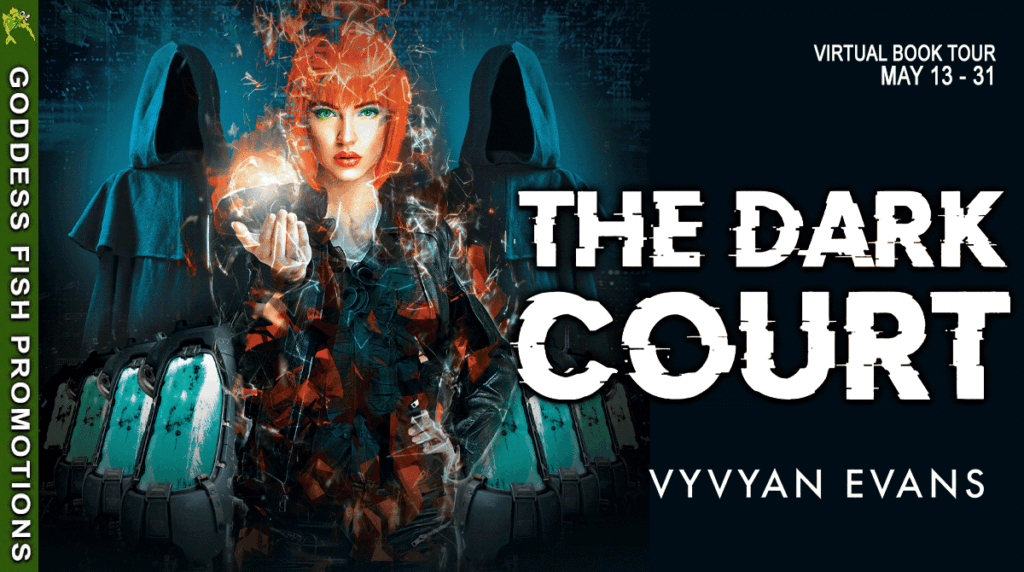
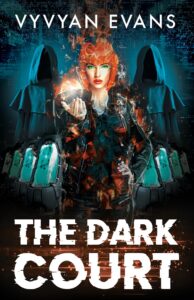

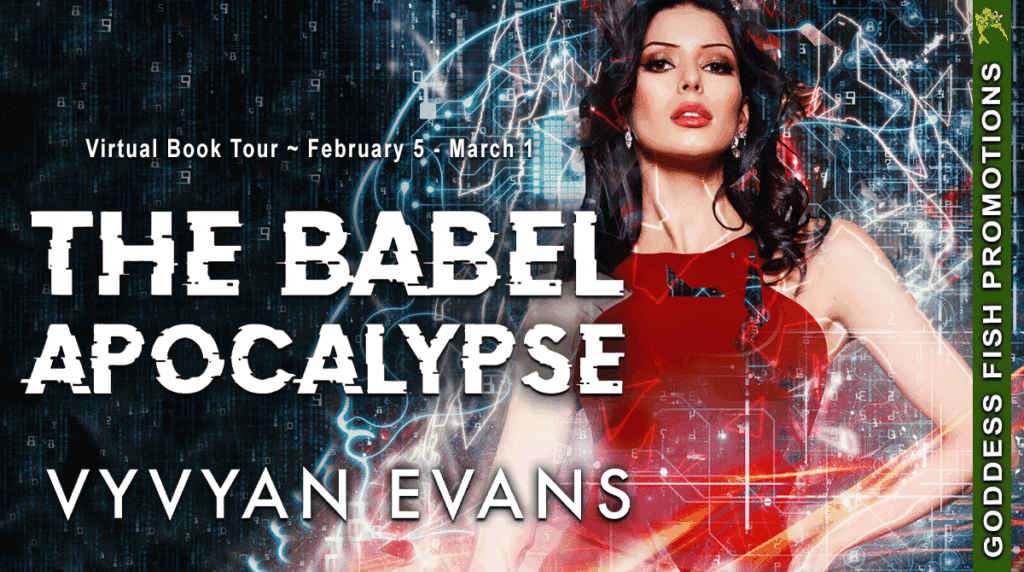
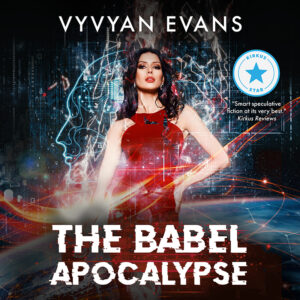 Language is no longer learned, but streamed to neural implants regulated by lang-laws. Those who can’t afford monthly language streaming services are feral, living on the fringes of society. Big tech corporations control language, the world’s most valuable commodity.
Language is no longer learned, but streamed to neural implants regulated by lang-laws. Those who can’t afford monthly language streaming services are feral, living on the fringes of society. Big tech corporations control language, the world’s most valuable commodity. Dr. Vyvyan Evans is a native of Chester, England. He holds a PhD in linguistics from Georgetown University, Washington, D.C., and is a Professor of Linguistics. He has published numerous acclaimed popular science and technical books on language and linguistics. His popular science essays and articles have appeared in numerous venues including ‘The Guardian’, ‘Psychology Today’, ‘New York Post’, ‘New Scientist’, ‘Newsweek’ and ‘The New Republic’. His award-winning writing focuses, in one way or another, on the nature of language and mind, the impact of technology on language, and the future of communication. His science fiction work explores the status of language and digital communication technology as potential weapons of mass destruction.
Dr. Vyvyan Evans is a native of Chester, England. He holds a PhD in linguistics from Georgetown University, Washington, D.C., and is a Professor of Linguistics. He has published numerous acclaimed popular science and technical books on language and linguistics. His popular science essays and articles have appeared in numerous venues including ‘The Guardian’, ‘Psychology Today’, ‘New York Post’, ‘New Scientist’, ‘Newsweek’ and ‘The New Republic’. His award-winning writing focuses, in one way or another, on the nature of language and mind, the impact of technology on language, and the future of communication. His science fiction work explores the status of language and digital communication technology as potential weapons of mass destruction.





